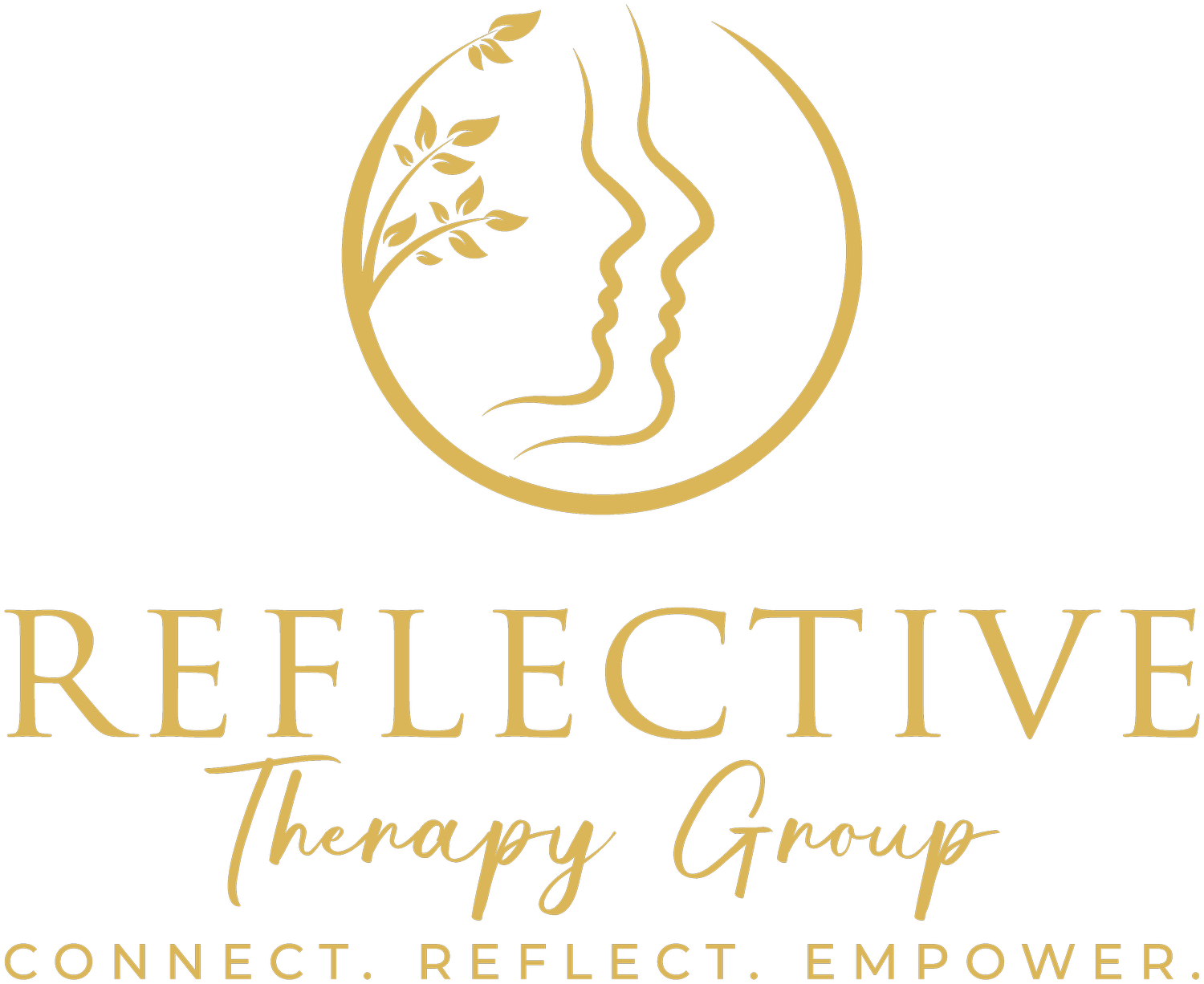Therapy for Relationship Concerns
At the Reflective Therapy Group (RTG), we understand that the quality of our relationships profoundly impacts our overall well-being and happiness. If you're experiencing challenges in your family, social, or romantic relationships, you've come to the right place. Our practice is dedicated to helping individuals like you navigate through the complexities of relationship concerns and pave the way for meaningful connections.
Common Types of Relationship Problems
Family Dynamics – Family relationships can be both a source of comfort and a cause of distress. Many individuals struggle to manage relationships with their family or origin or within their current family structure. We strive to help our clients gain insight into patterns in family relationships and explore effective strategies for managing challenging relationships.
Social Interactions – Struggling with social connections can lead to feelings of isolation and loneliness. We help clients process struggles they may be experiencing in social relationships. We provide a safe space to explore social challenges, build self-confidence, and develop healthy interpersonal skills. We also help clients explore how social relationships over time have influenced the way they have come to see themselves and others.
Romantic Relationships – Problems in romantic relationships are common and can have a profound impact on our lives. You may be facing difficulties with your partner, struggling with dating, and/or building a healthy romantic relationship. Our therapists focus on helping you understand your patterns in relationships so you can evaluate what is and is not working for you.
Our approach to working with relationship struggles is grounded in psychoanalytic therapy, which focuses on helping individuals gain insight into their conscious and unconscious patterns in relationships. Through understanding our patterns, we are free to identify alternate and more effective ways of handling our relationships.
Focus of Therapy:
In-depth exploration – Psychoanalytic psychotherapy delves into the underlying thoughts, emotions, and experiences that shape an individual's behavior in relationships. This exploration can provide valuable insights into patterns and dynamics that may be contributing to relationship challenges.
Understanding unconscious influences – A core principle of psychoanalytic therapy is the recognition of unconscious influences on our thoughts and actions. By uncovering and understanding patterns that are often out of our conscious awareness, individuals can gain clarity about their behavior and its impact on their relationships.
Personal growth – Psychoanalytic psychotherapy can promote personal growth and self-awareness, leading to increased emotional intelligence and more meaningful connections with others.
Improved communication skills – As clients gain a deeper understanding of their emotions and thought processes, they can develop enhanced communication skills. This improved ability to express feelings and needs can strengthen relationships and foster healthier interactions.
Emotional regulation – Through psychoanalytic therapy, individuals may learn effective coping mechanisms to manage intense emotions and reactions within relationships. This can lead to more balanced and constructive responses in challenging situations.
Breaking negative patterns – Unresolved conflicts or past traumas can create negative patterns that disrupt relationships. Psychoanalytic psychotherapy can help identify and address these patterns, paving the way for positive change.
Resolving conflicts – By exploring the roots of conflicts within relationships, psychoanalytic therapy enables individuals to find resolution and build stronger connections with others.
Increased empathy and understanding – As clients gain insights into their own emotional experiences, they often become more empathetic and understanding towards themselves and others' struggles.
Strengthened self-esteem – Working through relationship concerns within a supportive therapeutic environment can lead to increased self-esteem and self-worth, positively impacting how individuals approach and engage in relationships.
Enhanced intimacy – For romantic relationships, psychoanalytic therapy can promote intimacy by addressing issues related to vulnerability, trust, and emotional connection.
Family dynamics improvement –In family settings, psychoanalytic psychotherapy can lead to healthier family dynamics, improved communication, and strengthened bonds among family members.
Long-lasting change – The insights and coping skills gained through psychoanalytic therapy can extend beyond the therapy room, supporting long-lasting positive changes in relationship patterns and dynamics.

